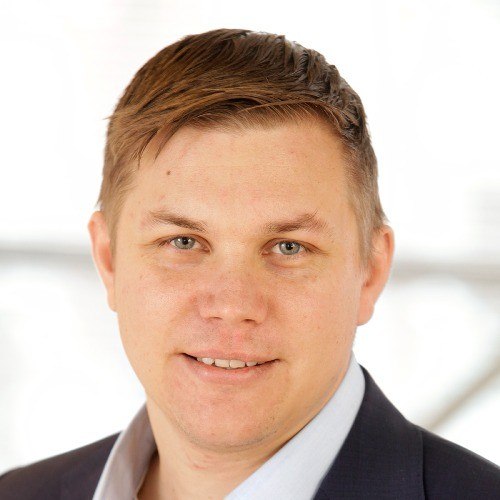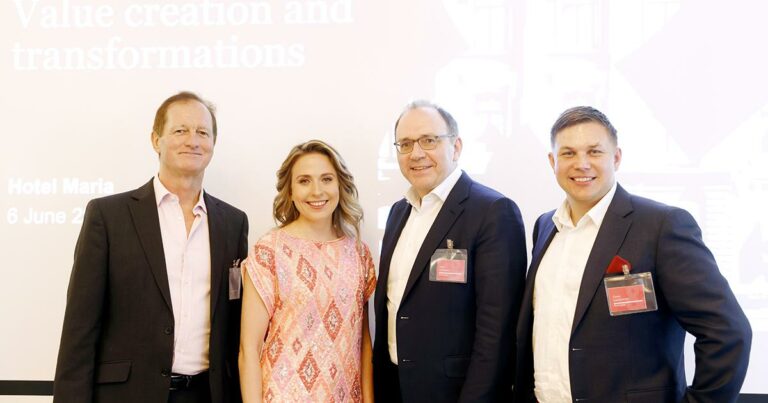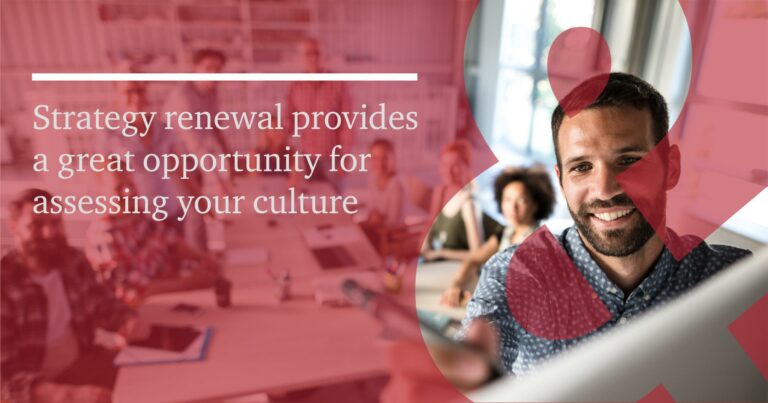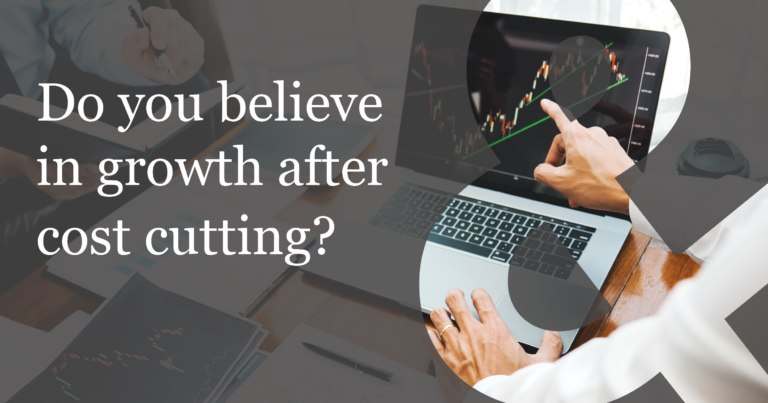Key topics shaping our future
Juuso Laatikainen
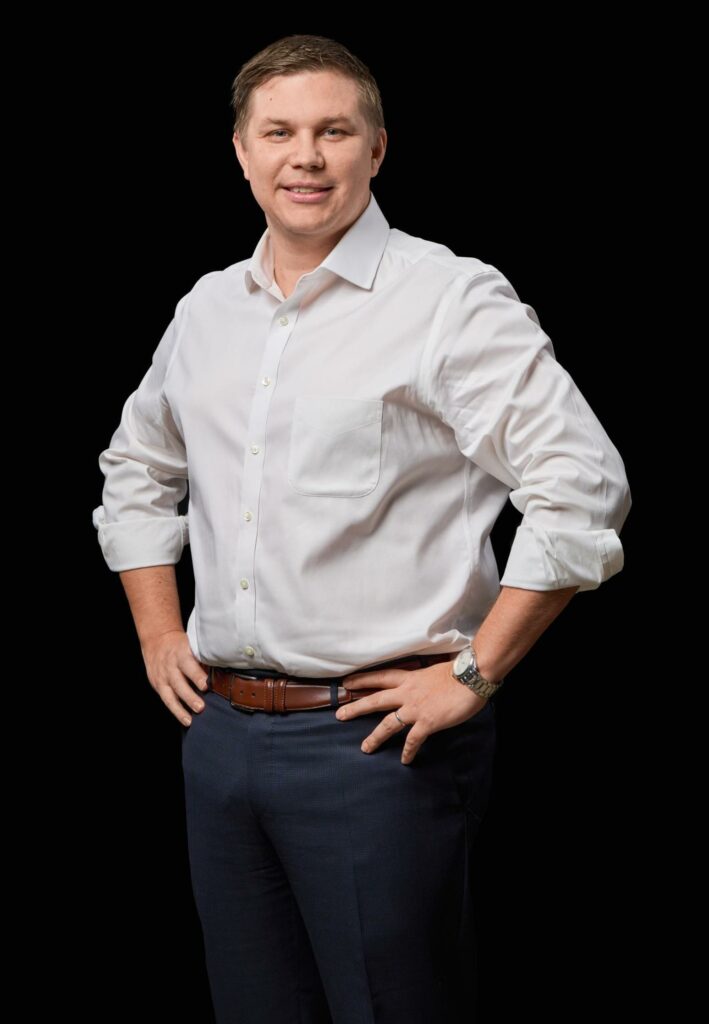
Recently, I had the pleasure of sitting down with Dr. Peter Gassmann, Global Leader of Strategy&, to explore some topics shaping the future of strategy consulting.
We spoke about the diverse roles Chief Strategy Officers (CSOs) can hold in different companies, how we as strategy consultants need to work WITH the client, not FOR the client, the rise of Generative AI, and sustainability.
Here are the main takeaways from our discussion:
The three archetypes of a CSO – and the core task of strategy consultants
As Peter and I both work closely with Chief Strategy Officers in our day-to-day work, their role is a topic we find extremely interesting. The title CSO can mean one thing to one person and something entirely different to another.
Peter shared findings from a Strategy& study that interviewed over 100 CSOs from 20 countries. The study highlighted the versatile responsibilities CSOs assume and identified three archetypes of how most CSOs perceive their role:
- The classical CSOs, who lead the design and orchestration of the strategic process, helping other senior executives come to a strategy – often with a horizon of 3-5 years.
- The CSOs tasked with driving transformation, spearheading major change initiatives, such as sustainability transformation.
- The CSOs who, in addition to driving transformation, hold direct business responsibility for key areas, such as mergers and acquisitions (M&A) or technological transformation.
These archetypes capture key aspects of a CSO’s potential responsibilities, but every CSO’s role is, of course, unique. Their work is shaped by the specific needs of their organisation and their own leadership styles. Some CSOs excel at challenging the status quo, pushing the organisation to evolve, while others prefer to take on a facilitating role, empowering their colleagues to drive change.
As strategy consultants, we embrace various roles, adapting our approach to meet the unique needs of each client. However, there is one non-negotiable task that defines the value of our work: ensuring our client company is actually changing.
As Peter put it, “We must work WITH the client, not FOR the client. Our clients need to see that we really care and relate to their businesses and concerns. We need to be in the trenches, helping to push things through. We can’t just deliver recommendations and leave it to our client to make the change happen.”
GenAI is not a one-size-fits-all value proposition
In our work, Generative AI is both a challenge and an enormous opportunity. It’s helping us become even more productive, assisting us in assembling data and conducting initial analyses – but the rise of GenAI also means that we have our work cut out for us, helping our clients make sense of what all GenAI can mean for them.
When GenAI first started making waves, most companies focused on testing and trying out use cases, but now, we are seeing more and more companies starting to create GenAI strategies.
The pace of development in the last 18 months has been mind-blowing, and in many industries, the time is definitely ripe for a GenAI strategy. Some changes brought forth by GenAI have been nothing short of remarkable: for instance, you no longer need to be a programmer to produce code.
I’ll admit that I’ve been somewhat resolute when it comes to GenAI. I feel it’s imperative to note that GenAI is not a one-size-fits-all value proposition. For some industries and functions, it’s really hitting the mark, but for others it offers no value proposition whatsoever.
What our clients need now are in-depth industry views on the value pools that GenAI affects. Where are the new pockets of top-line growth, or opportunities for bottom-line improvement? There is an urgent need to address these questions.
Sustainability transformation is inevitable
You can’t talk about the future without delving into ESG. Peter emphasised that sustainability transformation is inevitable – but the pace of change depends very much on your location.
In Europe, things are moving fast. Two years ago, at the Glasgow COP26, the excitement around net-zero commitments was palpable, but now companies are facing the reality of delivering on their ambitious goals, facing huge reputational risks. Companies are grappling with regulatory frameworks like the Corporate Sustainability Reporting Directive (CSRD), and there’s a growing need for consultants to help them navigate this terrain.
In other regions, we see different drivers. In the US, tax incentive schemes from the Inflation Reduction Act are making a difference, and in the Middle East, companies know that the carbon and fuel industry will eventually come to an end. Many are already diversifying away from it, but as Peter noted, the pace is a bit different than in Europe.
Ultimately, sustainability transformation is bound to happen in every industry across the globe. In the next 2-3 years, as new CSRD reports are released, external stakeholders will compare companies’ progress against one another, establishing new benchmarks. At the latest, by this point, many companies will feel compelled to embrace an even more assertive and proactive approach to sustainable business.
It was a real pleasure speaking with Peter and gaining his insights into the future. Exciting possibilities lie ahead for all of us who are ready to seize them.
For more information, see the “Chief Sustainability Officers with impact” report.
